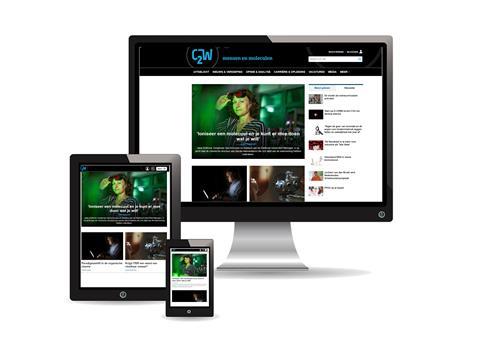Is inbox overload the workplace epidemic of the 21st century?

The number of emails Isabelle Kohler receives every day has increased exponentially in recent years. She reflects on this inbox overload and the impact it has had on her work. She also shares some tips on how to stay productive despite the constant stream of emails.
A few years ago, I discovered the concept of compound interest in finance. It was a turning point in my life, an important moment when I understood the importance of being more strategic with my money. I started investing with the expectation that compounding would provide a solid return over the long term.
For those unfamiliar, compounding is the process by which an investment grows exponentially over time as earnings are reinvested to generate additional income. It works well – I’m witnessing it with my own financial situation, even though I only started investing a couple of years ago.
What I realised is that the concept of compounding can also be applied to other aspects of my life, albeit with less positive consequences.

Want to read more?
Create a free account today!
- Gain access to all our content on chemistry, life sciences and process technology;
- Get our weekly newsletter so you never miss a story.
As a member of the KNCV, KVCV, NBV, or NVBMB you have unlimited access. Log in here.





